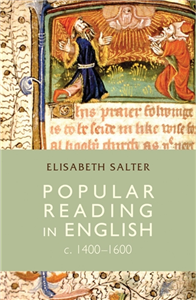Frantz Fanon’s 'Black Skin, White Masks'
New Interdisciplinary eassys
by Edited by Max Silverman
First published in 1952, Frantz Fanon's Black Skin, White Masks is one of the most important anti-colonial works of the post-war period. It is both a profound critique of the conscious and unconcious ways in which colonialism brutalises the colonised and a passionate cry from deep within a black body alienated by the colonial system and in search of liberation from it. This volume is the first collection of essays specifically devoted to Fanon's text. It offers a wide range of interpretations of the text by leading scholars in a number of disciplines. Chapters deal with Fanon's Martinican heritage, Fanon and Creolism, ideas of race and racism and new humanism, Fanon and Sartre, representations of Blacks and Jews, and the psychoanalysis of race, gender and violence. Contributors offer new ways of reading the text and the volume as a whole constitutes an important contribution to the growing field of Fanon studies.

























